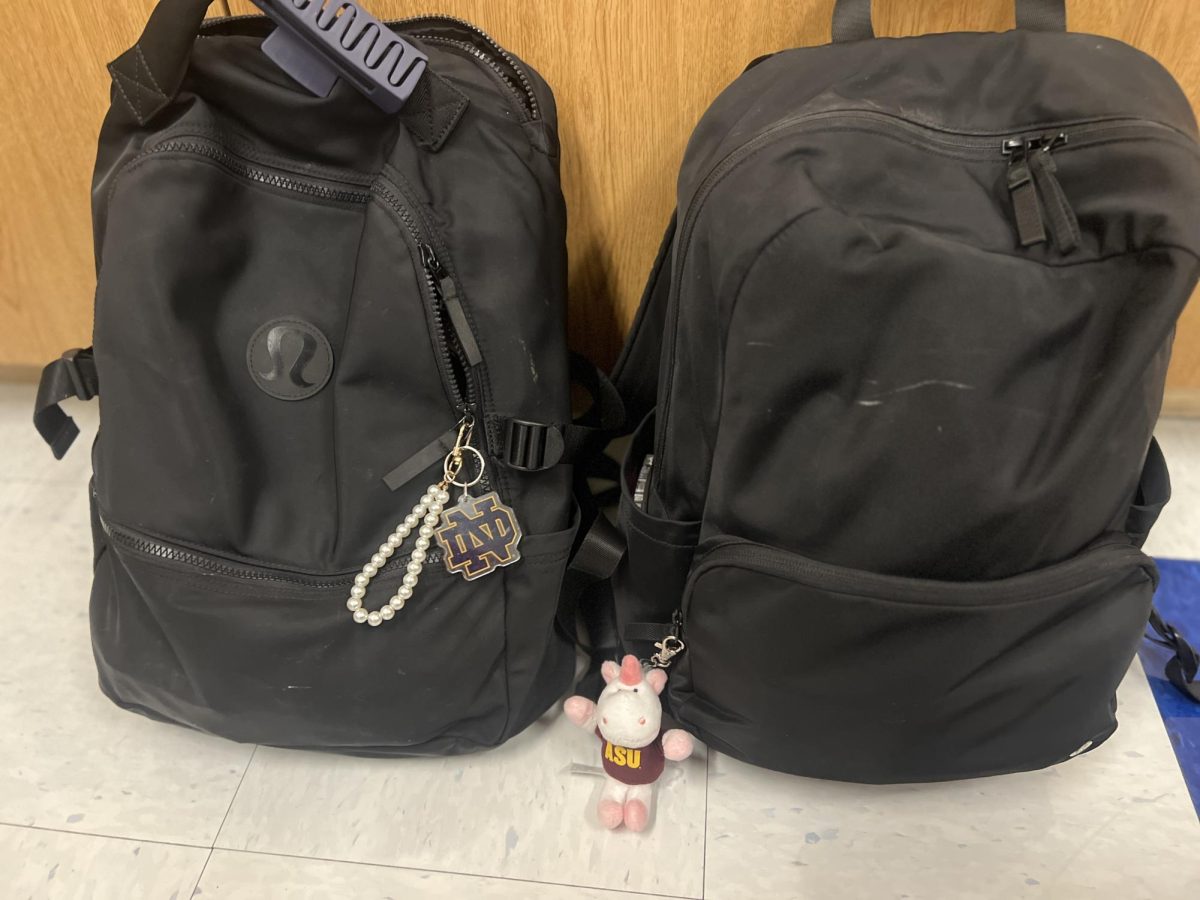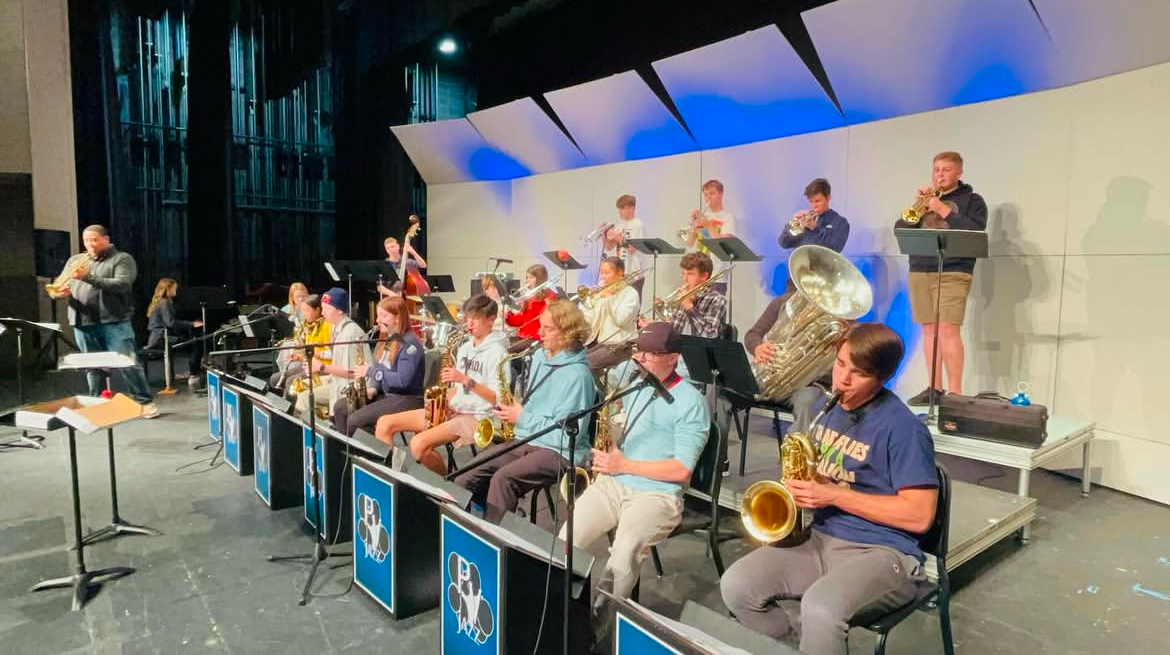The reputation of a college can significantly influence a student’s decision-making process. A college with a large party scene can drive away many students and distract them from the academic programs. This stigma can deter potential students who could’ve thrived at an institution but turn away solely due to its social reputation.
Students often feel pressured to commit to a college that parents and peers will be impressed by rather than one that fits their needs. Committing creates an endless cycle of prioritizing others’ opinions over individual interests, ultimately damaging a student’s college experience. In addition, students will be more likely to end their academic career short or fall into a job that doesn’t satisfy their needs.
For instance, Arizona State University is known to be a huge party school yet is number one for innovation worldwide. ASU has defended its title for the past ten years and is ranked above many prestigious universities for education, employability, faculty and research. Despite these great achievements, ASU’s high acceptance rate and party scene hinder its academic reputation.
High school students who were very dedicated to their studies felt that going to a school that is not extremely selective wastes their potential. “Throughout high school, I’ve cared a lot about my grades and what my GPA is. As a kid, I always thought that I would need to do this to get into a good school. Now I’m a senior and I’ve applied to college. I’ve realized that some of the schools I want to go to are not that difficult to get into. A lot of schools are known as party schools, so it discourages me to go there because I feel like I’ve wasted my hard work,” expressed senior Gabby Mares.
Social media increases the pressure on students to attend prestigious colleges, as it encourages students to chase after validation from their peers. Partaking in commitment posts on Instagram or college reveals on TikTok only further pushes students to select institutions their peers will be impressed with.
TikTok and other social media platforms have created stereotypes for those who attend certain universities. An example of this is when a recent trend surfaced referring to women who attend Arizona State as “bops”. This sexist, demeaning term categorizes a large group based on the school’s reputation. Students can be driven away from the institution due to this trend or intimidated by the supposed culture of the college.
Many students at “party” colleges have found there isn’t a huge difference between their school and other large universities. “I have gone on many college tours, as I am the youngest of my three sisters I have tagged along with them on their college search. All of the schools were relatively similar and didn’t display if they were a party school or not. It’s hard to tell if the schools are a party school when touring and visiting the campus,” said college freshman Hannah McVey.
Regardless of a college’s reputation, students should feel welcome to choose a school that is right for them. Being named a party school diminishes the institution’s success and groups a large majority to a small name. Students must focus on their individual needs and academic aspirations rather than social reputations, to find a university that is fit for them.









